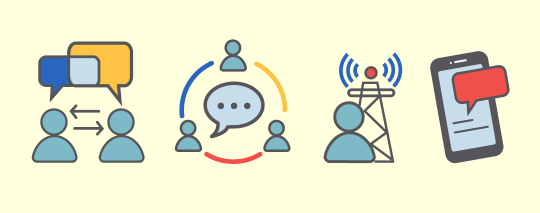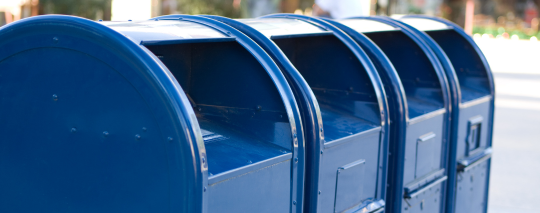Data security is extremely important, especially for local governments and utility companies. With the increased use of the internet to make services more efficient, such as online billing, comes an increase in cyberattacks in addition to natural disaster risks. Whether you store your customers’ personal information, offer online services, or process payroll for employees, you hold sensitive data that needs to be protected. While there are several ways to safeguard your data, we’ve provided a few tips below.
Stay informed and prepared.
Local government networks are attractive targets for hackers, which is why it’s critical to be proactive and establish protocols. Currently, there aren’t official cybersecurity guidelines for local governments, but there are various resources to help you get started.
The Multi-State Information Sharing & Analysis Center® (MS-ISAC) is a division of the Center for Internet Security® (CIS) and is designated as a central resource for local and state governments. The website features best practices, tools, and tips for cyber threat prevention, protection, response, and recovery. You can join for free. The National Institute of Standards and Technology (NIST) website is another valuable resource that provides best practices and standards that can be helpful when developing your security strategy. Check out their Cybersecurity Framework for helpful guidance.
Protect your employees and networks.
Keep your employees educated about the risks of attacks, such as phishing emails and ransomware. Consider implementing a password management policy that details password requirements and ensure that personal mobile devices used to access work networks are also protected. You can further secure your network with multi-factor authentication, which requires users to provide additional information other than their username and password.
Back up your data.
Routine, encrypted data backups are essential for maintaining security, in the event that your data is stolen or lost due to a natural disaster. More than one safe location is recommended. You can choose to store your data onsite on external hard drives or use an offsite cloud provider. Cloud hosting services can be financially beneficial and helpful for companies that do not have full IT departments.
For example, PUBLIQ offers remote backup and disaster recovery services. All data is AES 256 bit encrypted and stored in two secure, cloud-based data centers, which provide real-time replication for disaster recovery. We also include Artificial Intelligent-based threat protection, VMWare snapshots every 30 minutes, maintenance of full backups for seven days, and 24/7 server and application monitoring. This enables us to quickly recover data in the event of an error or emergency. Click here to listen to Jim Mitchell, director of Sales and Operations, tell the story of how our team was able to assist Oconee Joint Regional Sewer Authority when a tornado threatened their operations.





